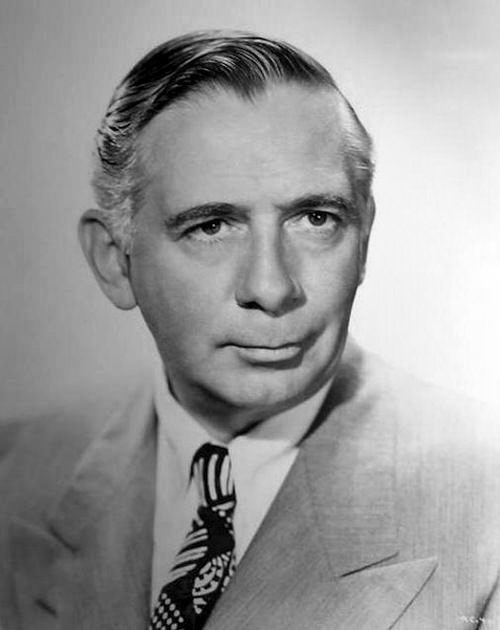1940. Alone at his fantastic estate known as Xanadu, 70-year-old Charles Foster Kane dies, uttering only the single word Rosebud. So ends the odyssey of a life.. and begins a fabulous tale of the rise to wealth and power – and ultimate fall – of a complex man: A boy abandoned by his parents inherits a fortune, builds a global newspaper empire and aspires to become President of the United States, but he loses everything over an affair with an untalented nightclub singer. This fascinating story unfolds through the eyes of the people important to the tycoon – each showing a different aspect of Citizen Kane (Welles).
Described previously as one of the greatest films of all time, Citizen Kane is one of those classics I had just never got around to seeing. So, when the opportunity finally presented itself, I jumped at it. Would this movie be as great as they say, or is it too tame for modern audiences?
Orson Welles, as both director and main actor, takes the lead in Citizen Kane. While his “War of the Worlds” stint on radio garnered him his original fame, his work both on and off the camera in this film cemented his legacy. Eccentric and visionary, he manages to bring this rather intriguing character – supposedly based on real-life newspaper mogul William Randolph Hearst – to life. A character actor, Welles manages to turn this uncaring figure into one the viewer actually becomes interested in. – and the rest of the cast is just sidebars to him.
Citizen Kane begins with the death of Charles Foster Kane, a wealthy newspaper mogul who had shut himself away from everyone after his empire started to crumble. The rest of the film is then told in flashbacks, as a reporter interviews people Kane knew, trying to uncover the meaning of his last word, “Rosebud”. It works well for the film, as the death means nothing at the beginning, but gives viewers two hooks to keep them interested right away: who is this man, and what is the meaning of “rosebud”? Thankfully, as the film progresses, viewers will be awarded with their patience, as both questions are answered eventually.
Still, when people talk about this as being an influential film, it’s praised as much for its new techniques as it is for its storyline or acting. In fact, Orson Welles was so impressed with the cinematography of the picture, he shared the credits screen with the cinematographer, a thing that usually is never done, even to this day. While they may be hidden to most viewers, it’s still something to note about Citizen Kane.
So is Citizen Kane one of the greatest films of all time? I can’t decide. It’s a great character study of a man, and worth checking out. Sure, it may be one of the most influential films of all time, as it changed how filmmakers thought about delivering their visions to the big screen. And it was definitely underappreciated at the time of its release, as not only did it flop at the box office, but it was apparently booed every time one of its nine nominations was announced during the 1941 Academy Awards. Maybe naming it the greatest film is more of a testament to its influence on future cinema and to make up for its original bad reception. Either way, it’s now become one of those classics any movie lover has to see. Thankfully, they’ll be happy they did.






















